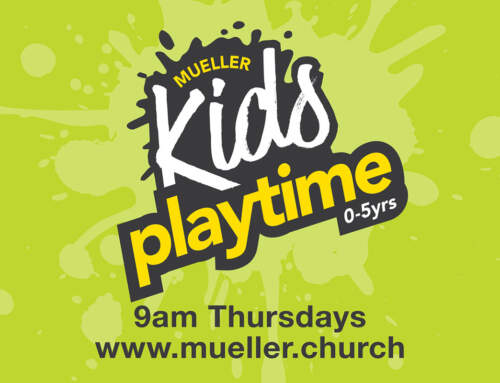Beyond Blue’s website states that around one in seven Australian children experience mental health issues, and about half of all serious mental health issues in adulthood begin before the age of 14. Anxiety and depression levels seem to be increasing in children, even in very young ones. Parents are rightly concerned about this and most of us want to do all we can reduce the risk of our children developing mental health problems. An interesting article by Victoria Prooday* suggests that parents are the answer to many of their children’s struggles. She lists what she believes to be the fundamentals of a healthy childhood and these include:
· Emotionally available parents
· Clearly defined limits and guidance
· Responsibilities
· Balanced nutrition and adequate sleep
· Movement and outdoors
· Creative play, social interaction, opportunities for unstructured times and boredom
Over the next couple of weeks we’ll explore each of these in a little more depth. We’ll consider what each one might look like, what it doesn’t look like and what we could do about it if we feel we’re not so good in a particular area.
One of the most significant things we can do for our child is to ‘be there’, care for and be emotionally attentive to him/her. How easy is it for a parent to be distracted when children clamour for attention? Our minds tend to be busy, and often we’re thinking about what happened yesterday, or worrying about how we’re going to do something tomorrow. We might be preoccupied with work, financial or health problems. Parents today face a challenge that no previous generation has had to face – that of digital distraction. Many (if not most) of us grapple with this issue. I have had many children say to me that their parents are on devices all the time, and don’t care about them. Now I’m pretty sure their parents do care about them, but the child’s perception is that Dad/Mum thinks their device is more important than the child.
How might we go about ‘being there’ for our child? The important thing is to pay attention to them. Look at them as they speak to us and really listen. Asking them questions and listening intently to their answers enables us to know our child better and understand his/her view on something. Don’t try and think about your answer while they’re talking and concentrate on what they’re saying. It is absolutely fine to have gaps in conversation. This shows our children that they are important to us, and contributes to their self-esteem. No child is too old for encouragement or a quick hug.
I’m not saying we have to be available 24/7 for when our child wants to talk, because that’s not practical in our world. But we do need to ensure that we are available. Next week I’ll look at how we might define necessary boundaries.
* https://faithit.com/silent-tragedy-affecting-todays-children-victoria-prooday/






